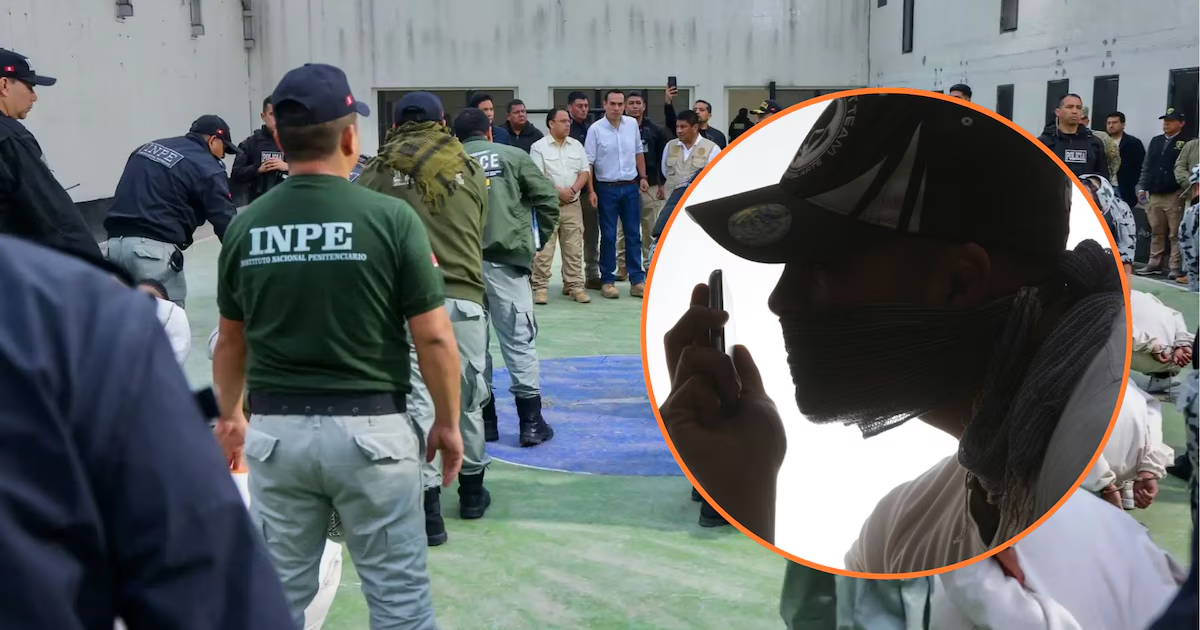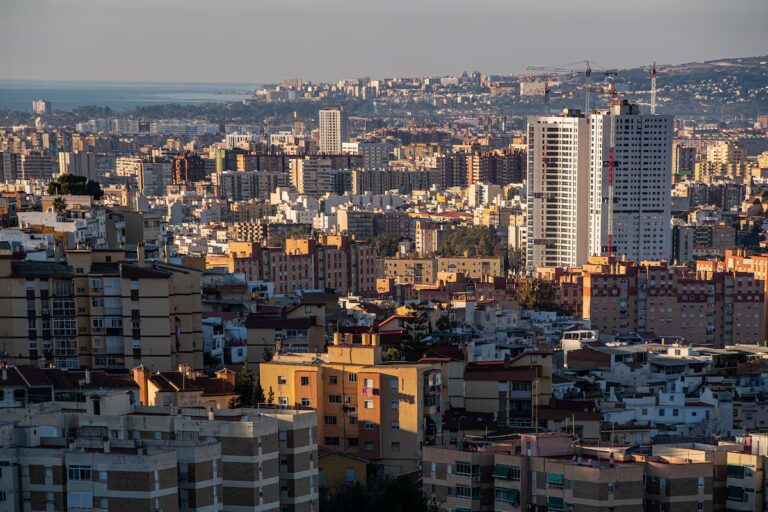
Officials at the National Institute of Prisons (INPE) have warned that the country’s prison crisis is reflected not only in overcrowding and the rise of organized crime, but also in the risks that prison staff constantly face. he explained: angel rankari,Secretary General INPE Labor Union (SITRAP)during a multi-platform interview successIn it, he detailed that operatives were suffering extortion, increasingly violent attacks, and precarious working conditions that the state was not addressing.
Rankari pointed out that workers are being monitored. criminal network Administrators identifying personal data, addresses and family contacts, despite prison staff being prohibited from maintaining contact with inmates and criminal organizations. As he explained, this situation puts them at permanent risk both inside and outside the workplace.
In addition to this, pay scales have been frozen for more than 13 years, which unions say has worsened the financial situation of workers who work shifts of 24 hours or more and are exposed to daily attacks, intimidation and retaliation in the country’s prisons.
In an interview, Rankari explained that the union has presented a platform of struggle based on two central axes: readjusting salaries and approving bonuses for high-risk work for all workers. Labor system INPE’s. He pointed out that this last benefit already exists for departments such as the national police and firefighters, but has never been applied to prison staff, even though their job involves daily contact with people deprived of their liberty and highly dangerous criminal groups.
Labor unions are proposing bonuses 1,100 soles/month Per worker, according to its calculations, is an amount that can partially compensate for certain risks and attacks. However, this request is still being evaluated by the Ministry of Economy and Finance (MEF), and it has been agreed that a working table will be set up to look for viable alternatives.
Furthermore, Mr Rankari recalled that there were unfulfilled commitments by INPE relating to benefits for 25 and 30 years of service. Although these promises are enshrined in law, they have not been implemented despite judicial rulings and sanctions against the agency.

One of the most pressing issues cited by trade unions is their extreme deficits. prison officer. Prisons like Lurigancho, which has about 9,000 inmates, can admit up to 6,000 additional people on visiting days. This means approximately 15,000 individuals need to be managed with just 60 agents per shift.
For Rankari, this ratio is impossible. ensure safety This is even more true when prisons lack basic technology such as body and baggage scanners. He stresses that the majority of registered interventions involve visitors rather than prison staff, but asserts that this deficiency leaves room for prohibited items to enter.
He also warned of an increase in attacks on staff in recent months following the enforcement of restriction orders for prisoners. Retaliation, he explained, occurs almost daily, resulting in serious injuries to workers, including stabbings in cells and attacks with improvised weapons.

The SITRAP General Secretary denounced that workers in the prison system face violence not only inside prisons but also outside. In recent years, about 22 agents were killed outside their workplacefacts related to retaliation and intimidation from criminal organizations, according to the union.
Mr. Lankali argued that prison staff had remained forgotten by the state despite their vital role in domestic order and security. To this end, he reiterated the urgency for improved pay, technical equipment, increased staffing, and effective protection for workers who are “victims of trying to impose order” in an increasingly weak and dangerous prison system.



